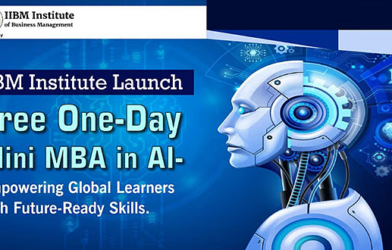Artificial Intelligence is no longer just a buzzword reserved for tech enthusiasts or Silicon Valley startups. In 2025, AI has become the heartbeat of successful business operations, delivering powerful insights, automating complex processes, enhancing customer experience, and driving innovation. From marketing to customer service, from human resources to data analytics, AI tools are redefining the way companies operate. To stay competitive and efficient, every business must consider integrating the right AI-powered platforms into their daily operations.
Understanding the transformative potential of AI requires an in-depth look at the top tools making waves this year. The landscape is packed with intelligent solutions that offer everything from content creation and data analytics to customer interaction and workflow automation. Here are the ten AI tools that are not just trending—they are essential for business success in 2025.
1. ChatGPT for Business Communication and Content Creation
OpenAI’s ChatGPT has become a staple for businesses aiming to streamline communication, generate high-quality content, and support customer service functions. The evolution of ChatGPT into its business-focused variant has enabled companies to automate responses, draft professional emails, create engaging marketing copy, and even generate reports—all within seconds. With its ability to understand context, tone, and intention, ChatGPT enhances productivity across multiple departments.
In customer service, it serves as a frontline responder, handling queries efficiently before handing over to a human agent if needed. For internal teams, ChatGPT acts as a smart assistant, aiding in brainstorming, summarizing meetings, and producing drafts that would typically take hours. This efficiency makes it indispensable for businesses looking to scale without sacrificing quality or personalization.
2. Jasper AI for Marketing and Advertising
Jasper AI has carved a niche as a leading content creation platform tailored specifically for marketers and advertisers. Its intelligent algorithms are designed to produce persuasive ad copy, blog posts, email campaigns, and social media content that resonates with target audiences. What sets Jasper apart is its ability to adapt to different brand voices and generate SEO-optimized content at scale.
As competition intensifies in the digital space, brands can no longer afford delays in content production. Jasper allows marketing teams to keep pace with the demands of omnichannel engagement, while also providing analytics and suggestions to improve performance. Whether it’s launching a new campaign or creating ongoing content, Jasper significantly reduces time-to-market.
3. GrammarlyGO for Smart Writing and Editing
Clarity and correctness in communication remain non-negotiable in any professional environment. GrammarlyGO has evolved from a simple grammar checker to an AI-powered writing assistant that helps users refine tone, style, and effectiveness. For businesses, this tool ensures that every written communication—from emails to project proposals—meets a high standard of professionalism.
More than just catching typos, GrammarlyGO offers context-aware suggestions, helping writers sound more confident, empathetic, or authoritative depending on the goal. It integrates seamlessly with email platforms, word processors, and web applications, making it easy for teams to collaborate and maintain consistent quality across all communication.
4. Notion AI for Project Management and Collaboration
Productivity platforms are essential to modern business workflows, and Notion AI leads the charge in 2025 with its integrated workspace approach. Combining task management, note-taking, database creation, and document sharing, Notion AI supercharges team collaboration. The AI component takes it a step further by summarizing documents, suggesting next actions, and even auto-completing entries based on previous data.
This tool is particularly useful for remote or hybrid teams looking for a centralized space to brainstorm, plan, and execute. The AI functions within Notion also allow for predictive organization—automatically grouping related projects or offering reminders for upcoming deadlines based on team activity. Businesses that leverage Notion AI often report smoother workflows and better cross-departmental coordination.
5. Salesforce Einstein for Smarter Customer Relationship Management
CRM systems have always been vital, but Salesforce Einstein transforms traditional CRM into a proactive, intelligent system. By embedding AI directly into Salesforce’s platform, Einstein enables businesses to anticipate customer needs, identify sales opportunities, and automate follow-ups. It analyzes massive datasets to deliver actionable insights that help sales teams close deals faster and serve customers more effectively.
With its predictive analytics and natural language processing, Einstein suggests the next best actions, prioritizes leads, and provides personalized recommendations. This level of customization and foresight enhances customer experience and significantly boosts retention. As customer expectations rise, having a CRM with built-in intelligence is not just helpful—it’s critical.
6. Midjourney for Visual Content and Design Innovation
In 2025, visual storytelling holds immense power in branding, marketing, and product design. Midjourney stands out as an AI design tool that creates stunning, high-quality visuals from textual prompts. Businesses use it to generate campaign graphics, website visuals, prototypes, and even packaging concepts in a fraction of the time traditional design takes.
Midjourney’s intuitive interface allows marketers and designers alike to experiment creatively without requiring deep expertise in graphic design. By blending AI artistry with brand-specific requirements, the tool produces content that aligns with a company’s identity and messaging. For startups and small businesses without large design teams, Midjourney levels the playing field and empowers creative agility.
7. Synthesia for AI Video Generation
Video remains one of the most engaging content formats, and Synthesia revolutionizes how businesses create it. Instead of relying on expensive production crews or long lead times, Synthesia enables the generation of high-quality, AI-driven videos featuring virtual presenters. Businesses use it for training modules, promotional content, customer onboarding, and internal communications.
The platform supports multiple languages and accents, making it ideal for global companies. It also allows users to upload scripts and convert them into polished videos within minutes. The ability to customize avatars and branding elements adds a layer of personalization that enhances viewer engagement. Synthesia makes video production scalable and accessible to organizations of all sizes.
8. Tableau with AI for Advanced Data Visualization
Data is the currency of modern business, but its value lies in interpretation. Tableau, enhanced with AI capabilities, brings advanced data visualization and analytics to the forefront. It helps businesses identify patterns, forecast trends, and make data-driven decisions with confidence. Whether tracking KPIs, analyzing customer behavior, or exploring financial projections, Tableau simplifies complex datasets through interactive dashboards.
The AI features include automatic data prep, predictive modeling, and natural language queries, allowing non-technical users to engage with data meaningfully. By democratizing data access across departments, Tableau empowers every team—from marketing to operations—to make smarter choices that align with business goals.
9. Fireflies AI for Intelligent Meeting Summaries
Meetings are essential but often inefficient without proper documentation and follow-through. Fireflies AI addresses this challenge by offering real-time transcription, summarization, and task tracking during meetings. It integrates with popular video conferencing platforms like Zoom, Microsoft Teams, and Google Meet to ensure that no detail is lost.
What sets Fireflies apart is its contextual understanding of conversations. It can tag action items, identify decision points, and even extract key takeaways for easy distribution. For busy executives and project managers, this tool saves time, enhances accountability, and ensures that critical insights are never missed. In fast-paced work environments, Fireflies helps teams stay aligned and organized.
10. Zapier AI for Workflow Automation
Automation is the silent engine of efficient business operations. Zapier has long been known for connecting different apps and automating workflows, but its AI-powered features in 2025 bring new levels of customization and intelligence. With Zapier AI, businesses can build more responsive, adaptive workflows that react to triggers in real time and offer decision-making support.
For example, a new lead captured on a website can instantly be added to a CRM, assigned to a sales rep, and scheduled for a follow-up email—all without manual input. The AI understands the nuances of business logic and can be trained to suggest improvements or flag potential bottlenecks. By reducing repetitive tasks, Zapier frees teams to focus on strategic activities that drive growth.
Conclusion
In a world where speed, accuracy, and personalization define business success, artificial intelligence offers the tools needed to stay ahead. The ten AI tools highlighted above are not just useful add-ons—they are transformative technologies that can revolutionize how companies operate in 2025. Whether it’s crafting compelling content, automating routine tasks, analyzing data, or enhancing customer interactions, these tools serve as force multipliers for productivity and innovation.
Businesses that embrace AI now will be better positioned to navigate change, seize opportunities, and deliver value in a competitive marketplace. The key lies in choosing the right tools for your needs, integrating them effectively, and continuously exploring how AI can unlock new possibilities across every facet of your operations. As we continue deeper into the AI-powered era, success will belong to those who adapt swiftly, think creatively, and let technology amplify their human potential.






